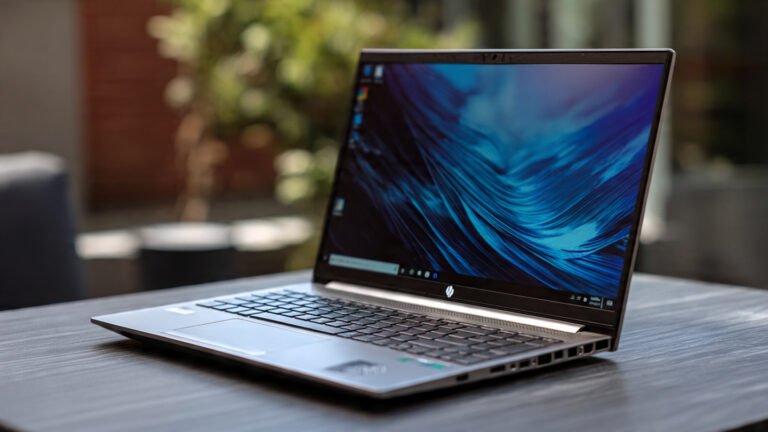Dell XPS 13 Developer Edition Review — Best Premium Ultraportable Linux Laptop 2025
The Dell XPS 13 Developer Edition remains one of the most refined Linux ultrabooks available today, engineered with native Ubuntu support and hardware tuned for professional productivity, development work and travel-focused performance. With a premium aluminum build, excellent battery life and exceptional display options, the XPS 13 Developer Edition sets the standard for portable Linux workstations built for serious users.
Who Is This Laptop For?
- Remote developers and digital nomads needing a powerful lightweight system
- Professionals working in software engineering, DevOps, cloud computing and secure mobility
- Students studying computer science, ethical hacking or IT infrastructure
- Travelers and conference presenters who prioritize portability and reliability
- Users who want a premium Linux-native device with factory support
Specifications
| Component | Details |
|---|---|
| CPU | Intel Core Ultra (Meteor Lake) |
| GPU | Intel Arc integrated graphics — Ubuntu certified |
| RAM | Up to 32GB LPDDR5x-6400 |
| Storage | M.2 NVMe SSD up to 2TB |
| Display | 13.4″ 16:10 FHD+ or 3.5K OLED InfinityEdge |
| Battery | 10–12 hours real-world use |
| Weight | 2.6 lbs (1.18 kg) |
| Ports | 2 × Thunderbolt 4 / USB-C + USB-A & HDMI adapter included |
| OS | Ubuntu 24.04 LTS preinstalled |
Linux Compatibility & Driver Support
As an official Developer Edition, the XPS 13 ships with Ubuntu validated and configured out of the box. Intel Arc drivers perform reliably, and all essential components — Wi-Fi 6E, Bluetooth, fingerprint reader, sleep/suspend, audio and power management — work without any manual tuning. Hybrid sleep and external display support are excellent, making it ideal for mobile workflows.
Performance & Productivity
The Intel Core Ultra platform offers strong performance for programming, VSCode workloads, browser-based development, server-side tools, container workloads and virtualization for teaching or light lab environments. For heavier AI or GPU compute workloads, a workstation-class machine would be preferred, but as a portable Linux development environment, few laptops can compete with the balance of power and efficiency.
Battery Life & Thermals
The XPS 13 achieves 10–12 hours of real usage depending on workflow and brightness. Thermal control is solid and the system runs extremely quiet under general development and productivity usage. Fan noise becomes noticeable only under sustained heavy compilation or virtualization tasks.
Build Quality & Portability
The CNC aluminum chassis feels premium and rigid, and the display quality—especially the OLED option—is exceptional. At only 2.6 lbs, it is one of the easiest laptops to carry for travel, airport work and conference usage. The keyboard and trackpad are among the best in its class.
Best Linux Distros for XPS 13
- Ubuntu 24.04 LTS (factory optimized & fully validated)
- Fedora 41 (excellent modern driver support)
- Pop!_OS (user-friendly power configuration)
Pros & Cons
| Pros | Cons |
|---|---|
| Factory-supported Ubuntu experience | Limited ports (adapter required for peripherals) |
| Extremely portable and lightweight | Not ideal for heavy CUDA workloads |
| Premium display and build quality | RAM is not user-upgradeable |
| Long battery life for real mobile use | Higher cost compared to non-premium devices |
Recommended Configurations
- Best for Most Users: Intel Ultra + 16GB RAM + 512GB SSD + FHD+
- Premium Experience: Intel Ultra + 32GB RAM + 1TB SSD + OLED 3.5K
🔥 Best on Amazon
View Dell XPS 13 Developer Edition configurations on Amazon
Linked Resources
Compare all ranked alternatives:
Best Linux Laptops 2025 (Ranked & Tested) — Ultimate Buyer Guide
View full Linux laptop library:
Linux Laptops — Reviews & Rankings
Explore all hardware sections:
Hardware & Laptop Reviews




